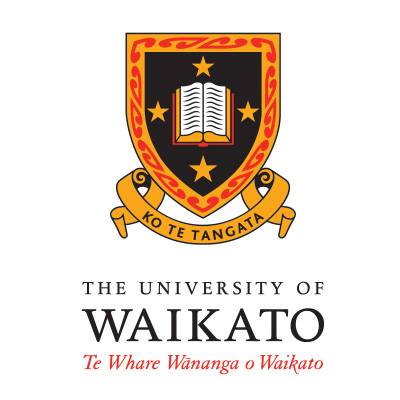This short course in economics will help you develop the analytical skills needed to be an effective problem solver of real-life issues, ranging from employment and housing, to public health, transport and environmental pollution. It also provides a springboard to further study.

This short course in economics will help you develop the analytical skills needed to be an effective problem solver of real-life issues, ranging from employment and housing to public health, transport and environmental pollution. It also provides a springboard to further study.
Studying Economics will help you see the world in a different light, and use data-driven insights to help people, governments and businesses make better decisions about using natural and financial resources to meet their goals.
If you're passionate about business, politics, current affairs, finance and statistics, then economics may be ideal for you.
Economists contribute to government decision-making by shaping new laws and taxes, or advising on international trade agreements.
They can also be involved in recommending incentives and penalties geared towards changing people's behaviour, such as encouraging people to use public transport instead of driving to work.
In this subject, you'll learn how to explain the reasons for different market structures, analyse the implications of government policy, anticipate how people might react to price changes, and demonstrate the gains from trade.
Since our inception in 1972, Waikato Management School has always been a trailblazer in tertiary education. We place a strong emphasis on experiential learning, research-led teaching that incorporates best business practice, and close links with industry.
That same year, we introduced New Zealand's first four-year business degree, the Bachelor of Management Studies, in line with North American benchmarks of business education excellence.
Likewise, we were the first business school in New Zealand to respond to the emerging opportunities of electronic commerce by introducing a specialist bachelor's degree in this field in 2002. This was followed by a masters degree in 2004, renamed the Master of Digital Business in 2017.
Our mission is to produce graduates who are equipped not only with strong commercial know-how, but who also possess the personal leadership qualities required to make their mark on the business world from day one, and go on to help shape their organisation’s future success in remarkable ways.
© 2025 coursetakers.com All Rights Reserved. Terms and Conditions of use | Privacy Policy